Carice van Houten on MeToo and nudity: ‘Why was I in the shower in every movie?’
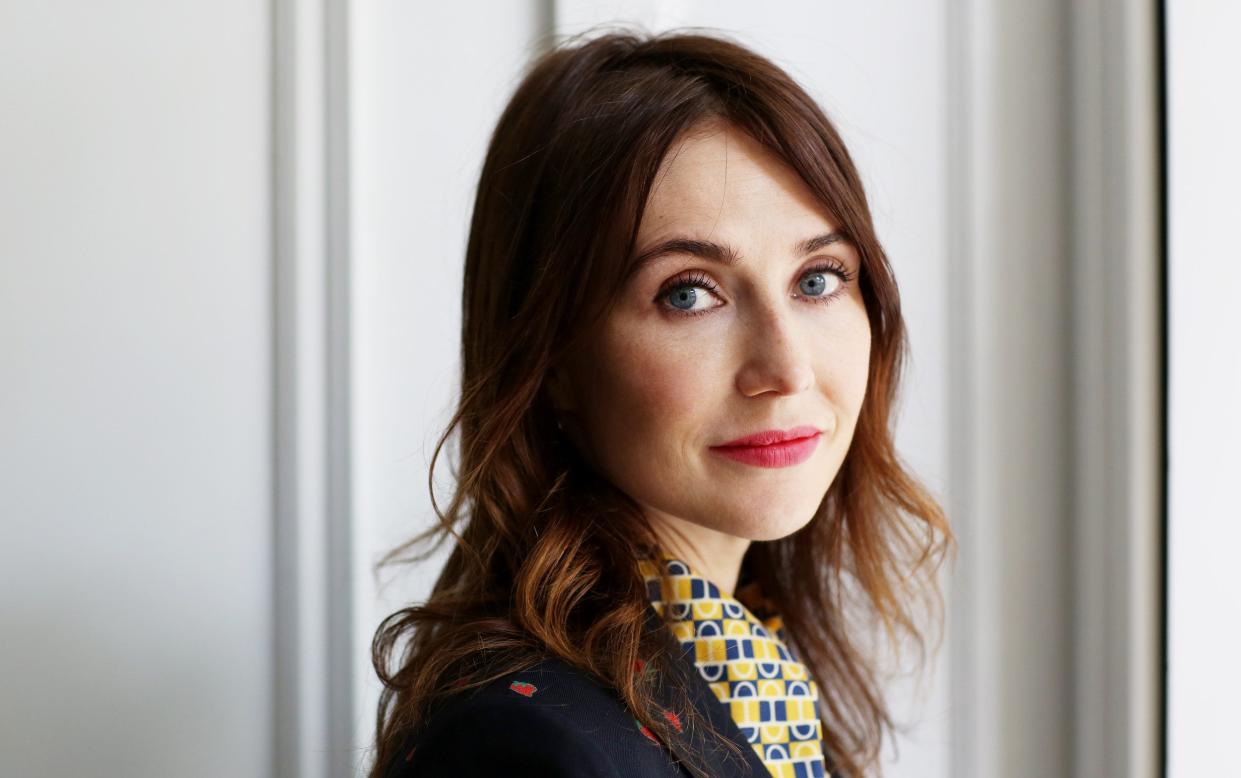
When Carice van Houten was asked to appear in a new television version of Dangerous Liaisons, Christopher Hampton’s 1985 play, her first thought was: “Why would they want to do that again?”
“I saw the thrilling [1988] film with Glenn Close and John Malkovich, when I was probably too young, but I remember it being very romantic, tension-full and sexy,” she tells me. “Then there was the remake, Cruel Intentions [1999, starring Sarah Michelle Gellar, Ryan Phillippe and Reese Witherspoon as high school students], which I never saw. So I was very curious…”
Van Houten was soon convinced, though, by the premise of the new American series: a thrillingly messy prequel that explains why the Marquise de Merteuil and the Vicomte de Valmont are locked in such a peculiar dance of seduction, and reminds viewers that losers in the game of aristocratic sex-chess had a real chance of falling into the grimy gutter of pre-Revolutionary Paris.
“The story is great – it’s very appealing, these questions of power and sexuality,” she explains. “And what I realised is that this version is a more truthful portrayal: it shows all levels of society, and the story is told more clearly from [the Marquise de Merteuil] Camille’s point of view. It’s pretty much a feminist take on the whole thing…”
Speaking over video from the Amsterdam home she shares with Australian actor Guy Pearce and their young daughter, the 46-year-old Dutch actress is likeably far less sleek off-screen than on it. Having become acclimatised to seeing her in Game of Thrones fantasy-warrior garb, or as the suave Dutch resistance heroine in Paul Verhoeven’s Black Book (2006), or most recently in the ivory silks of her Dangerous Liaisons character (a new one created for the series, the ghostly-pure noblewoman Jacqueline de Montrachet), I am taken aback to find her surprisingly casual in a sweatshirt, repeatedly raking her hand through messy dark hair as she struggles to find the right English word to express herself.
“I hate this brain fog… Is this an age thing?” she asks, in frustration. “What the f--- is that?”
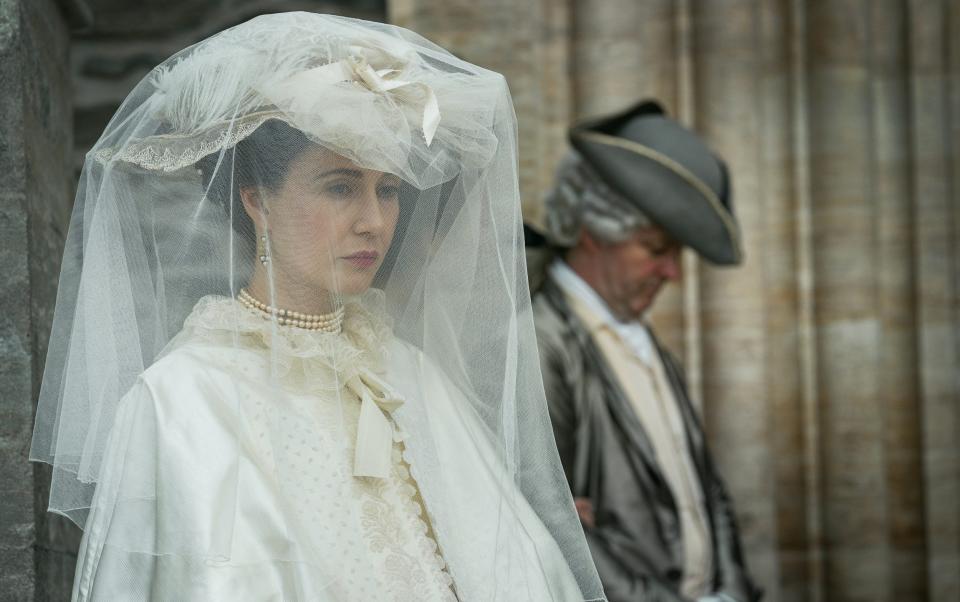
Van Houten compensates for every lost word by the confidence with which she expresses her opinions. And anyway, she grew up in a household in which words were not always the most valued method of communication. Her dad was an expert on silent films, who took her to see the 1927 multi-hour epic Napoléon when she was only five.
“That was my upbringing. I saw Laurel and Hardy, and Chaplin, and Buster Keaton. Chaplin, my dada said, was just portraying four-year-olds who were afraid of the wives who were their mothers.
“Even today, I love [silent comedies]. My closest friends all turn out to be Laurel and Hardy fans.” Their comedy, she tells me, “helps you see through life”. When her father died, the family projected Laurel and Hardy’s 1932 film County Hospital at the funeral, at his request.
For an “observant child”, such an upbringing taught her the possibility of “bringing something across without talking”. “To this day, as much as I love a good script, you can really make me happy with a scene where nothing is said.”
Ironically, the drama of Dangerous Liaisons is driven by what the lovers do say – and commit to paper. Their devotion becomes blackmail currency. Van Houten laughs about the exposing emotions of her own teenage letters, which her best friend recently sent her. “They were like text messages, but it was pages and pages and pages. And it was all about boys. So teenage!
“I was so innocent. I was a total dreamer. Like,” she puts on a dramatic teen whisper: “I noticed he saw me at the school party but I didn’t want to say anything. I didn’t want to walk up to him. Does that mean a) this, b) this c) this? It was very… juvenile!”
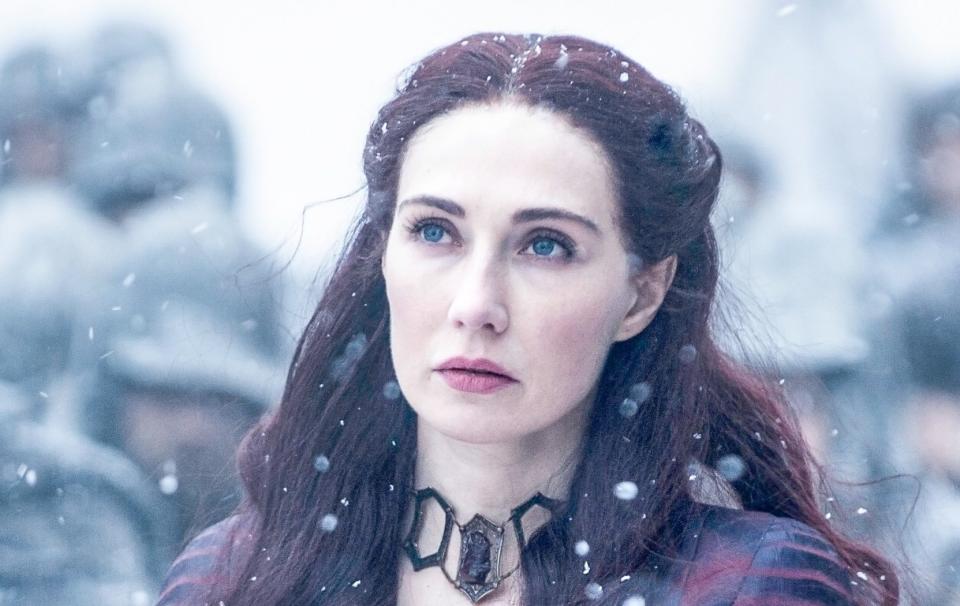
Of course, in Dangerous Liaisons, people’s private confessions have the potential to ruin them. It’s not that far from modern cancel culture. “True, true,” agrees van Houten. “The speed and the scale are so different now though.”
She thinks there’s a healthy alternative to cancellation. “My sister worked with somebody recently,” she says. “He was a bit of a MeToo case. An actor she really admired and liked. But he was really inappropriate on set, with everybody watching. My sister freaked out and she walked off set. [...] Then she said: I will either go to the police or your whole company will do a ‘family constellation’ [ie group] therapy. And they did it!
“I thought that was so cool. She didn’t want to cancel him because she thought he wasn’t going to learn from that. She didn’t hate him. She just wanted what happened to be clearly talked about. There were actors and crew members and high up production members who all thought they didn’t do anything, and they learned a lot. That’s the way to go!”
Van Houten is interested to see how a younger generation responds to the overt sexuality of Dangerous Liaisons, because she suspects they are “more prude”. “I have a small child of six so I am out of touch, but when I talk to people in their early 20s, I notice I’m a bit confused about what I can or can’t say [...] It’s fine that the new generation fight against you. It’s a natural part of the circle of life.”
Van Houten is also relaxed about a career in which she has been cast, more often than not, as a generic European against American heroes: playing a German opposite Tom Cruise in Valkyrie (2008); or an Icelander in the Julian Assange drama, The Fifth Estate (2013). “I don’t mind that,” she says. “I like my accent [...] I’m also pretty good with languages: I speak French and German, so I can play those parts. Although you could fairly say I am not fluent with an American accent yet! I’m too lazy and too much of rebel. This is how I talk.”
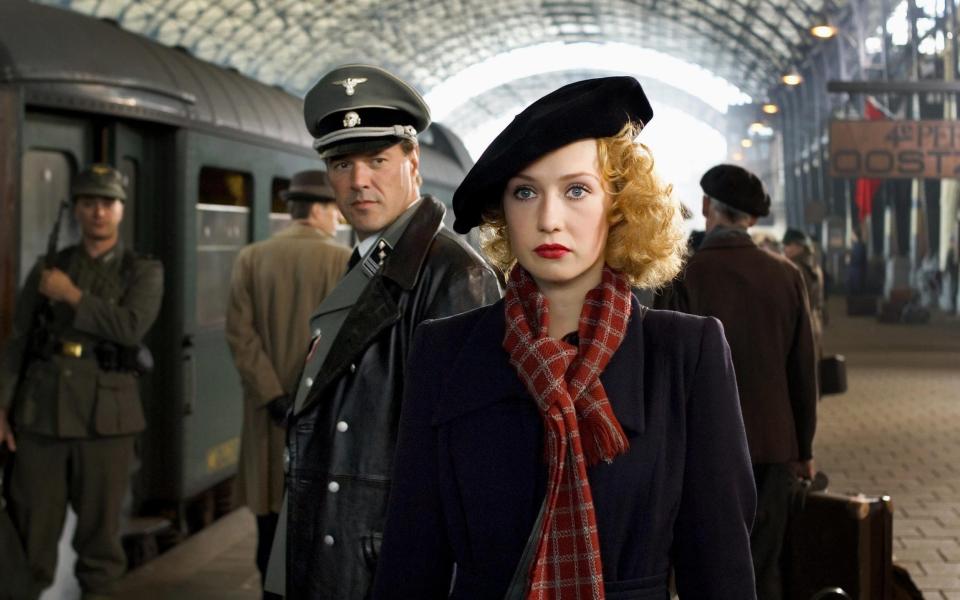
She admits that she has asked herself why she has never moved to Hollywood. “I wonder: am I too homesick, do I just have too many things in my life? I have other sides of myself that I’m exploring, and staying here [in Europe] has been a survival tactic for me. I’ve done so much drama. I’m so tired! So tired.”
She also feels conflicted about being seen as the sort of European actress who has usefully lax standards on nudity. “Post MeToo, I’ve asked myself: why was I naked in a film? I was a shy person, but then my parents walked around the house naked and so it was not sexualised for me, my body. I didn’t interpret it that way at that time. But later I asked: why was I in the bath, naked? Why was I in the shower in every f---ing movie?”
One of the great flips in the new version of Dangerous Liaisons is that the heroine Camille (played by Alice Englert) commands her male lover Pascal (Nicholas Denton) to strip for her. Van Houten agrees that is a strong moment, but she is not sure she herself will strip on camera again – unless it is “consoling to see a not-perfect body, [unlike] the sort we see on Instagram. I see the flaws in my body now.”
She rolls her eyes at the fact that “when I have meetings with people in America, because I played Melisandre [in Game of Thrones], they are expecting this highly confident, highly sexual woman. This strong personality. Then they get this boy with stains on the T-shirt! I will always be grateful for being asked to portray that very powerful, profound character, and I never knew where the f--- somebody like me scraped that from the palette. I was amazed people believed it.”
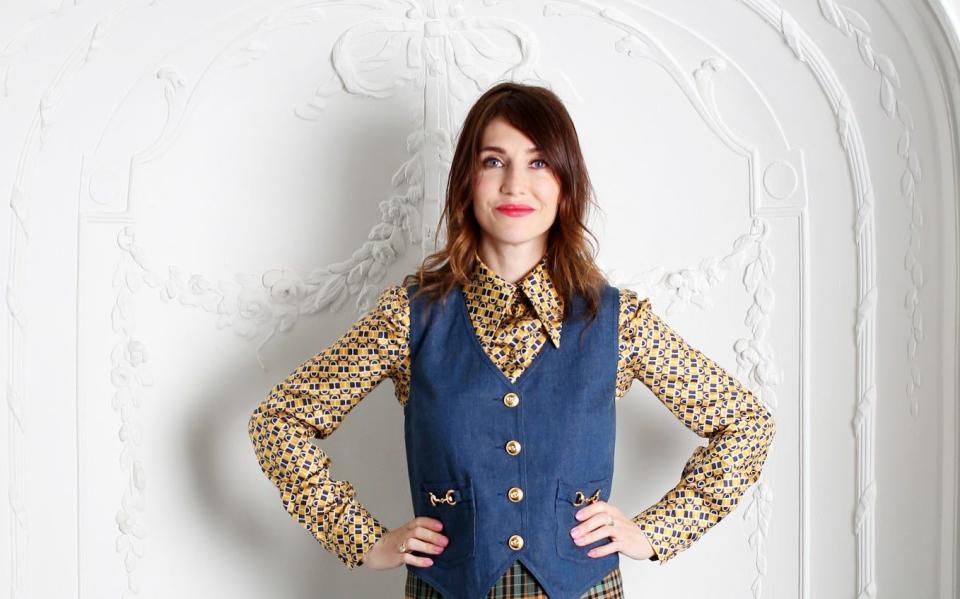
She tells me that she came from a school best known in Holland for comedians. “So I am always looking for the lightness, for the jokes. I got one tiny joke into Game of Thrones, which made me so happy. It was the moment I was in the bath. A tiny moment, but still… A triumph for the real me.” She says, surprisingly, that “the person who’d make me the most starstruck – also a big Laurel and Hardy fan – is Ricky Gervais”.
Van Houten notes that, while there is a lot of wit in Harriet Warner’s script for the new Dangerous Liaisons, her own character doesn’t get many of the gags, although she does get a fight. There is a great confrontation in which Camille gets to cover van Houten’s character in blood. But in real life, van Houten is “a great suppressor of anger, sadly. I’ve worked a lot on it. But it’s not my go-to emotion. I’m a sad clown.
“That’s why I find Ricky Gervais in some way attractive. Not in a sexual way. But he reminds me of my dad. He knows what real pain is, and you can see that in all of his comedy. And it’s also my dad, the rebellious way he knocks people down at award ceremonies. I mean, tenderness is needed. But let’s not lose our sense of humour!”
Dangerous Liaisons is available from Nov 7 on Lionsgate+ via Apple TV, Amazon Prime Video or other streaming services
